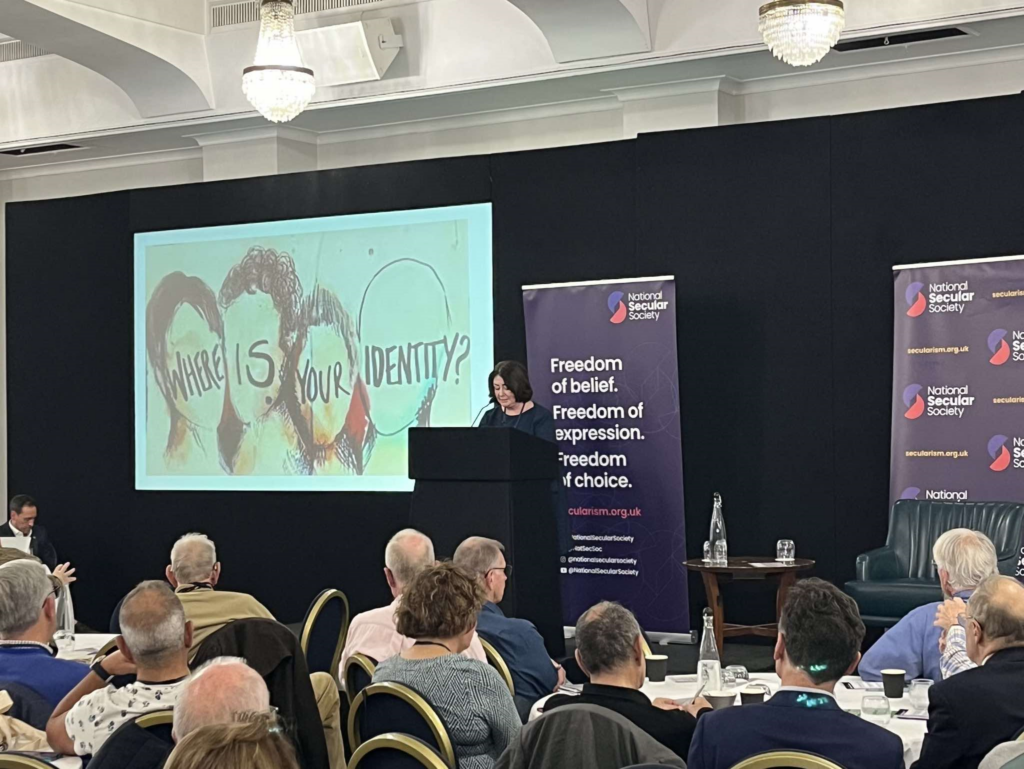
I know identity politics well. Criticise Islam and Islamism, you are deemed an ‘Islamophobe’ by Islamists and their apologists on the pro-Islamist Left. Defend Muslims, refugees, and migrants and you are deemed to be an ‘undercover jihadi’ by the far-right.1
Identity politics demands conformity. Stay within the confines imposed by the identitarians, or else.
The suffragette, civil rights, anti-apartheid, and anti-colonial movements were about fighting for equality and emancipation, solidarity across borders and constructed boundaries. Now it is all about policing identities to ensure authenticity and purity.
Are you an authentic member of the group or are you a ‘race traitor’, a ‘coconut’, a ‘native informant’? What’s your ‘tribe of origin’? Identity has become the means and the end and everything in between. It is the subversion of the fight for social justice. It degrades liberatory struggles to a mere defence of one constructed identity and a homogenised ‘community’ or society based on myths like racial purity. There is no pure race, however. Race is a ‘concept whose very lack of definition [is] its virtue’, says author Kenan Malik in his 2023 book Not So Black and White. ‘It could be applied to peoples, nations, language groups… Race, like God, [is] always on your side.’ So why the insistence on categorising by race, if it is a human construct? ‘The motives are clear’, says science journalist Angela Saini in Superior: The Return of Race Science (2019). Proponents are ‘reaching for something, anything to reinforce the hierarchies they already believe exist and to establish what they see as the superiority of one group of people over another.’
It’s dehumanising. We’re not talking about human beings anymore—people with innumerable identities in a world of global migration. Salman Rushdie’s The Satanic Verses was, as he described it, ‘a love-song to our mongrel selves’, celebrating ‘hybridity, impurity, intermingling, the transformation that comes of new and unexpected combinations of human beings, cultures, ideas, politics, movies, songs.’
Now there are only singular, pure, authentic identities. And if you are deemed to be of an inferior identity, well, expect the worst. Collective blame and revenge are legitimate and even desirable. Innumerable human beings drowning in our seas and dying at our borders trying to gain refuge? They deserved it; they should have stayed put. Hundreds of civilians slaughtered by the fascist Hamas in Israel on 7 October? Apparently, the chickens came home to roost. Genocide by the Israeli far-right government murdering and wounding hundreds of thousands of Palestinian civilians? Well, they are ‘animals’, per the Israeli defence minister, so it’s all okay.
Every hour of every day, this has become the familiar language used against the ‘other’. The Untermensch, or subhuman, a term coined by the Nazis to refer to those deemed inferior. For now, poor and working-class migrants and Muslims top the inferiority bill.
Douglas Murray, for example, says: ‘All immigration into Europe from Muslim countries must stop… Conditions for Muslims in Europe must be made harder across the board.’ (I’m one of them, by the way. And for your information, these are not ‘Muslim countries’ any more than Britain is a Christian country. The states are Islamic, but these regimes are highly contested by many.)
In her 2021 book Prey, Ayaan Hirsi Ali places migrant men into four categories: adapters (whom she says are ‘a minority’), menacing types, fanatics, and coasters (those presumably on welfare). And by Muslim migrants, she means ‘new arrivals seeking asylum’ and ‘the sons and even grandsons of immigrants’. These are my father, my uncles and cousins, my family, my friends, my partner, my sons.
Read Rest On The Freethinker.







No comments